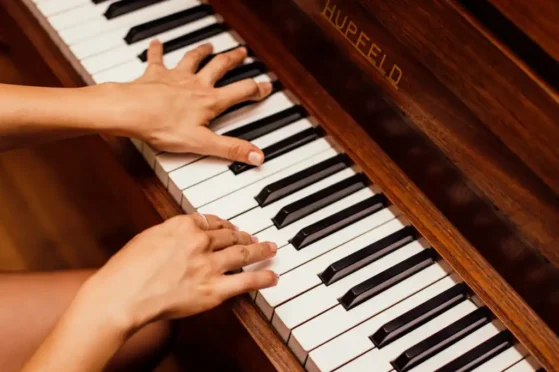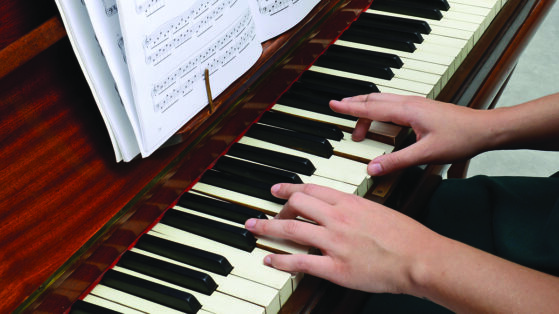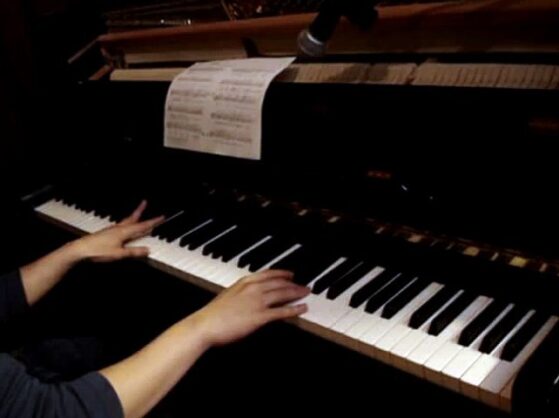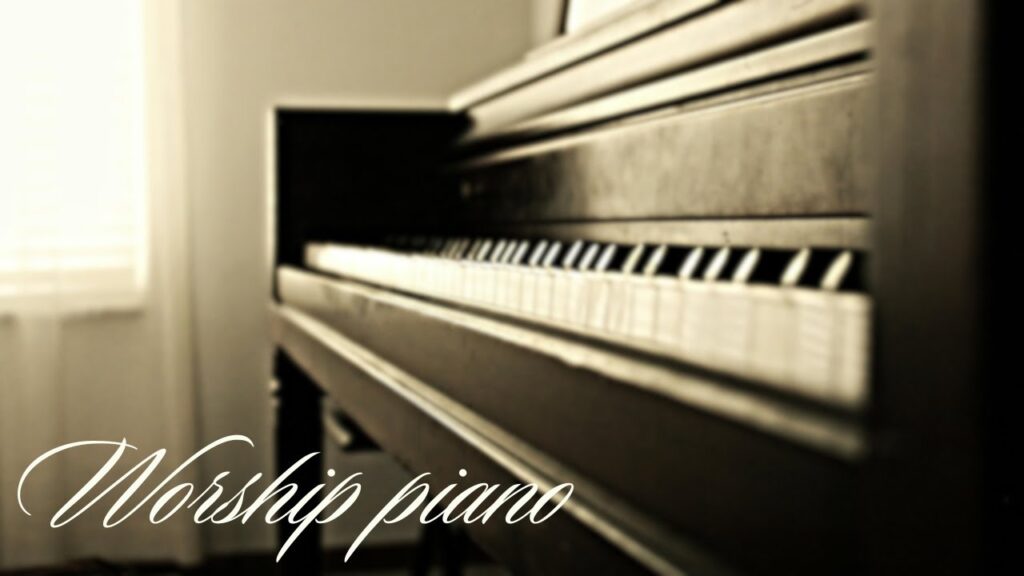Worship Piano | The Ultimate guide for beginners
Welcome to the world of worship piano! Whether you’re a budding pianist eager to dive into the realm of worship music or someone looking to refine your skills, this guide is designed to help you start your journey with confidence. In this ultimate guide, we’ll cover everything you need to know to begin playing worship music on the piano, from basic techniques to helpful tips for playing in a worship setting.

Understanding Worship Music
Worship music is a genre dedicated to expressing devotion and adoration through song. It’s often played in religious settings such as churches, but its uplifting and spiritual nature makes it a beloved genre for many. Worship music can range from traditional hymns to contemporary praise songs, each with its own style and characteristics.
Types of Worship Music:
- Hymns: Traditional and often written in a formal style. They usually have straightforward melodies and harmonies.
- Praise and Worship Songs: More modern and contemporary, these songs can be more flexible in style and often include repetition for ease of participation.
- Gospel Music: Characterized by its powerful and emotional delivery, often featuring soulful melodies and harmonies.
Essential Piano Skills for Worship Music
To effectively play worship music on the piano, you’ll need to develop certain skills and techniques. Here are the basics to get you started:
a. Basic Piano Techniques:
- Proper Hand Position: Ensure your fingers are curved and relaxed, and your wrists are level with the keyboard.
- Scales and Arpeggios: Practice major and minor scales, as well as arpeggios, to build finger strength and dexterity.

b. Chords and Progressions:
- Major and Minor Chords: Understand the basic major (C, G, F, etc.) and minor (Am, Em, Dm, etc.) chords.
- Chord Progressions: Familiarize yourself with common progressions such as I-IV-V-I (e.g., C-F-G-C) and vi-IV-I-V (e.g., Am-F-C-G) as they are often used in worship music.
c. Reading Music and Lead Sheets:
- Sheet Music: Learn to read traditional sheet music for worship songs.
- Lead Sheets: Practice reading lead sheets, which typically include the melody, lyrics, and chord symbols.

Playing Techniques for Worship Music
In addition to basic skills, there are specific techniques that can enhance your worship piano playing:
a. Dynamics and Expression:
- Playing with Dynamics: Use dynamics (loudness and softness) to convey emotion and add depth to the music.
- Expressive Playing: Pay attention to phrasing and timing to match the mood of the song.
b. Improvisation and Arrangement:
- Improvisation: Develop the ability to improvise and add personal touches to the music, such as embellishments and variations.
- Arranging: Learn how to arrange songs for different contexts, whether you’re playing solo or accompanying singers.

Tips for Playing in a Worship Setting
Playing in a worship setting involves more than just technical skill; it requires a sense of musicality and adaptability. Here are some tips to help you succeed:
a. Communication with the Worship Team:
- Collaboration: Work closely with other musicians and vocalists to ensure a cohesive performance.
- Flexibility: Be prepared to adjust your playing to fit the needs of the worship service, including changes in tempo or key.
b. Preparing for Worship Services:
- Practice Regularly: Consistent practice will help you become more comfortable with worship music and improve your overall performance.
- Know the Songs: Familiarize yourself with the songs you’ll be playing, including their structure and key changes.

c. Engaging the Congregation:
- Supportive Playing: Focus on supporting the congregation’s singing and enhancing the worship experience.
- Positive Attitude: Maintain a positive and respectful attitude, which will contribute to a more uplifting worship environment.
Resources for Worship Piano Players
To further enhance your skills, consider utilizing these resources:
a. Online Tutorials and Courses:
- Video Tutorials: Platforms like YouTube offer numerous tutorials on worship piano techniques and song tutorials.
- Online Courses: Websites such as Coursera or Udemy provide structured courses on worship piano playing.

b. Sheet Music and Lead Sheets:
- Music Apps: Apps like MusicNotes and Sheet Music Plus provide access to a wide range of worship music.
- Church Music Collections: Explore collections of worship music available at local Christian bookstores or online.

Conclusion
Embarking on the journey of worship piano is both a fulfilling and spiritually enriching experience. By mastering the basics, practicing regularly, and embracing the techniques unique to worship music, you’ll be well on your way to becoming a skilled worship pianist. Remember, the goal is not just to play the piano, but to use your music to uplift and inspire those around you in worship. Keep learning, stay inspired, and enjoy the beautiful journey of worship through music. Happy playing!
For more information and exciting resources about learning music, visit our website at The Mystic Keys. For more music content and exciting offers follow us on
Facebook, Instagram, YouTube, LinkedIn, Twitter, Pinterest, Reddit, Threads and Quora. Together, let’s transform the way we express our faith through the power of music!








